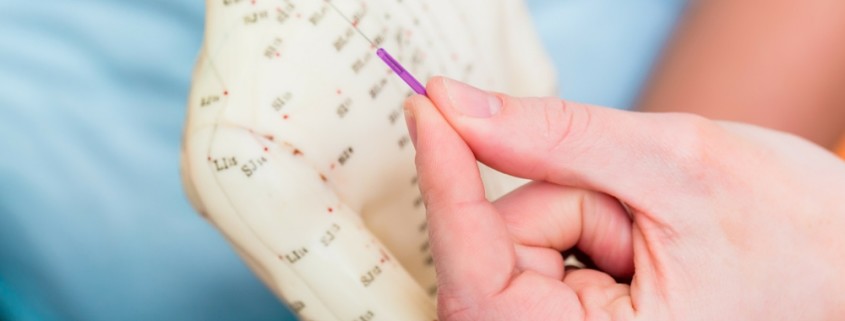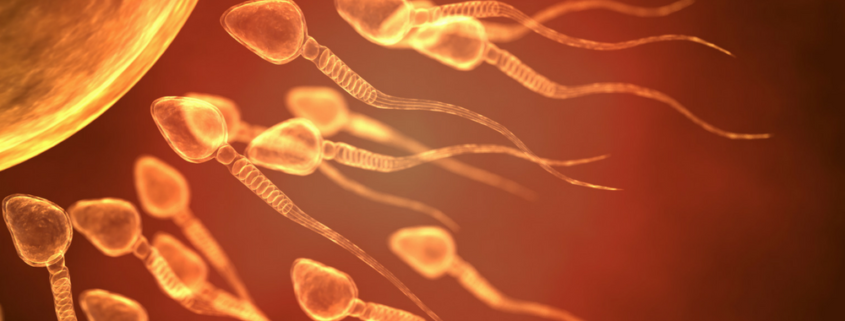Acupuncture for fertility
The process of trying to conceive can be lengthy, intricate and emotional for many couples.
While media attention often focuses on women delaying conception until their late thirties and forties as the cause of complications with fertility, this is not the only issue at play with sub fertility. Other causes for infertility include; lifestyle factors such as being over or under weight, smoking, heavy drinking and stress. Contributing conditions include blocked fallopian tubes, endometriosis, Polycystic Ovarian Syndrome (PCOS) and compromised sperm quality. In recent years more complex tests have been developed to assess genetic problems and immunological disorders that may interfere with potential pregnancy by preventing implantation or causing early miscarriage. However, many couples are only offered investigations after years of trying for a baby. Often these investigations are delayed and protracted and can contribute to any pre-existing stress.
The Fertile Ground of Acupuncture
For many, acupuncture offers a positive and beneficial treatment either to enhance the chances of natural conception or to support in the process of assisted conception. There have been several studies in recent years suggesting acupuncture can benefit fertility outcomes by:
- Lowering stress hormones and regulating FSH
- Improving blood flow to the pelvic area, ovaries and uterus
- Reducing contractions of the uterus
- Regulating the immune system
The research
While the West has tended not to engage with as many clinical trials on acupuncture for natural fertility, there is positive evidence to establish plausible explanations as to how acupuncture may benefit fertility (Gerhard 1992 and Stener-Victorin 2000, 2008, 2010).
Firstly, it has been shown that acupuncture regulates fertility hormones. Stress and other factors can disrupt the function of the Hypothalamic Pituitary-Ovarian Axis (HPOA), causing hormonal imbalances that can negatively impact fertility. Acupuncture has been shown to affect hormone levels by promoting the release of beta-endorphin in the brain, which affects the flow of the gonadotrophin-releasing hormone by the hypothalamus, the follicle stimulating hormone from the pituitary gland, and the oestrogen and progesterone levels from the ovary (Ng 2008, Huang 2008, Lim 2010, Stener-Victorin 2010).
Secondly, acupuncture has been shown to increase blood flow to the reproductive organs. While stress has the negative effect of constricting the ovarian arteries, acupuncture inhibits this sympathetic activity, improving blood flow to the ovaries (Stener-Victorin 2006, Lim 2010), enhancing the environment in which ovarian follicles develop. Furthermore, acupuncture also increases blood flow to the uterus (Stener-Victorin 1996, Huang 2008), improving the thickness of the endometrial lining and increasing the chances of embryo implantation.
Thirdly, evidence illustrates that acupuncture counteracts one of the most common causes of female infertility, Polycystic Ovarian Syndrome (PCOS). By reducing sympathetic nerve activity and balancing hormone levels, acupuncture has been shown to reduce the number of ovarian cysts, stimulate ovulation, enhance blastocyst implantation and regulate the menstrual cycle in women with PCOS (Stener-Victorin 2000, 2008, 2009, Zhang 2009). It may also help to control secondary effects such as obesity and anorexia (Lim 2010).
Acupuncture for IVF
While acupuncture has been shown to enhance natural fertility, it is also used successfully in the preparation for, and during IVF cycles, in order to optimise the uterine environment and enhance egg quality during treatment.
It is suggested that acupuncture treatments should start three months prior to IVF, scheduled weekly throughout the cycle up to the time of egg retrieval. However, a published study has also reported the positive effects of acupuncture on the day of embryo transfer (Acupuncture and assisted conception (Review), The Cochrane Collaboration, 2009). Informal feedback from gynecologists confirms that acupuncture has a hugely calming effect on patients, something which is vital both immediately before and after embryo transfer.
Traditionally trained acupuncturists make a diagnosis according to the principles of Chinese medicine. Those of us who have extensive experience of working with fertility issues offer an integral approach whereby we bring together our knowledge and experience both from an Eastern and Western perspective. This enables us to offer advice and suggestions about lifestyle and diet that complement the treatment and address the imbalances specific to each individual.
The holistic approach of Chinese medicine, which has treated gynecological conditions for centuries, aims to restore the balance of the body back to normal functioning in order to help, where possible, for women to conceive naturally. This move towards homeostasis can be translated in Western terms into better hormonal balance. Using the language of Qi (energy flow) and Blood, acupuncture reestablishes the proper flow of these two substances to enable the organs to function at their optimum. As acupuncturists we are thus particularly interested in the details of your menstrual cycle and other signs and symptoms, which help us to assess where particular imbalances lie; hence the importance of detailed case taking at the initial consultation. Each of the organs and their associated meridians have a physical and emotional influence and, by offering specific and targeted treatment, acupuncture has positive results on both.
We have an expert team of acupuncturists here at the clinic, and if you live outside of London take a look at our affiliated network to find someone near you, personally trained by Zita West.







